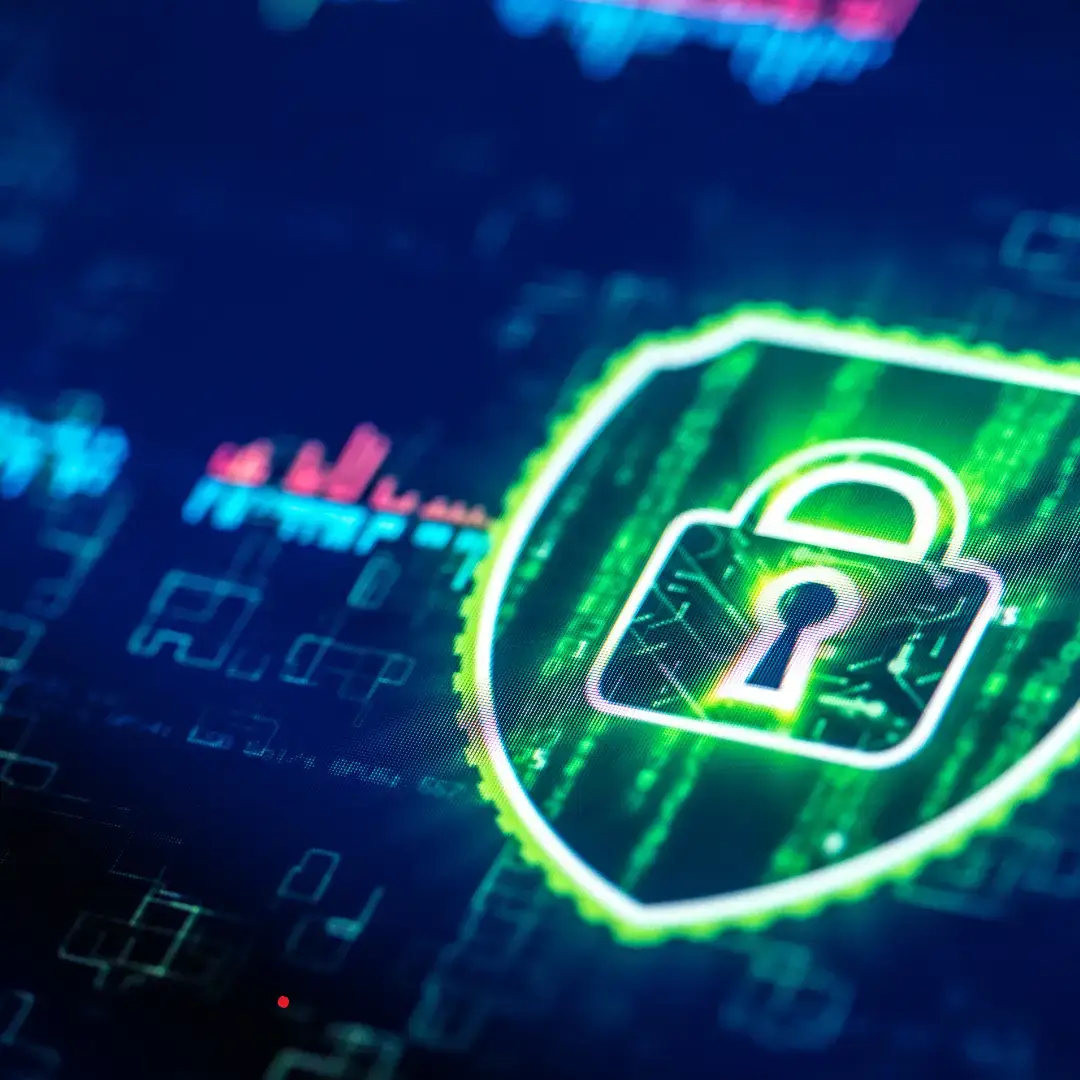In today's digital landscape, cybersecurity is often seen as a major issue for large companies. However, small and medium-sized enterprises (SMEs) are just as, if not more, vulnerable to cyber attacks. Due to limited resources and sometimes obsolete systems, SMEs are becoming prime targets for cybercriminals.
In this article, we explore why IT security is crucial for small businesses, the threats they face, and how they can protect themselves effectively.
1. Why are SMEs frequent targets?
Small businesses are often perceived as "easy" targets by hackers. Here's why:
a. Limited resources
Unlike large companies, SMEs don't always have the means to invest in advanced cybersecurity solutions.
b. No safety policy
Many small businesses have no clear strategy for protecting their systems and data.
c. Valuable data
Even small businesses collect sensitive data: customer details, financial information and trade secrets. This information has a high value on the black market.
2. The main threats to small businesses
a. Phishing
Phishing attacks, in which cybercriminals trick employees into providing sensitive information via fraudulent e-mails, remain one of the most common threats.
b. Ransomware
This malware locks your data and demands a ransom to recover it. SMEs are particularly hard hit, as they often lack robust backups.
c. Data leakage
Unauthorized access can expose your sensitive data, jeopardizing your company's confidentiality and reputation.
d. Malware
Malware can infect your systems via dangerous downloads or links, damaging your systems or stealing your data.
3. The consequences of a cyber attack for an SME
a. Financial loss
Cyber attacks often entail high costs: ransom payments, recovery costs, loss of income due to service interruption, etc.
b. Damage to reputation
Customers and partners can lose confidence in your company if their data is compromised.
c. Fines and penalties
With regulations like the RGPD, poor data management can lead to significant financial penalties.
d. Business interruption
An attack can bring your systems to a standstill for several days, disrupting your operations and affecting your bottom line.
4. How small businesses can protect themselves
a. Adopt the right security solutions
Invest in tools adapted to your company's size and needs:
- Professional antivirus
- Firewalls
- Anti-phishing solutions
b. Make regular backups
A robust backup policy means you can recover your data in the event of an attack or failure.
c. Train your employees
Most cyber attacks exploit human error. Make your teams aware of risks such as fraudulent e-mails and dangerous online behavior.
d. Update your systems
Software updates often include essential security patches. Make sure all your systems and software are up to date.
e. Work with IT security experts
Work with a specialized service provider, such as Webiphiguarantees you optimum protection, tailored to your company's specific needs.
5. Why choose Webiphi for your SME's security?
At WebiphiWe understand the unique cybersecurity challenges faced by SMEs. We offer :
- Free safety audits to identify weaknesses in your system.
- Customized solutions to protect your data and systems.
- Proactive monitoring to anticipate and block cyberthreats.
- Fast assistance to minimize the impact on your business.
Our aim is to make cybersecurity accessible and effective for all businesses, whatever their size.
Conclusion: Take cybersecurity seriously
The sIT security is no longer an option for small businesses. With threats constantly evolving, it's essential to take proactive measures to protect your data, your reputation and your business.
Ready to secure your SME?
Contact Webiphi today for a personalized consultation and discover how our solutions can guarantee your company's peace of mind.







